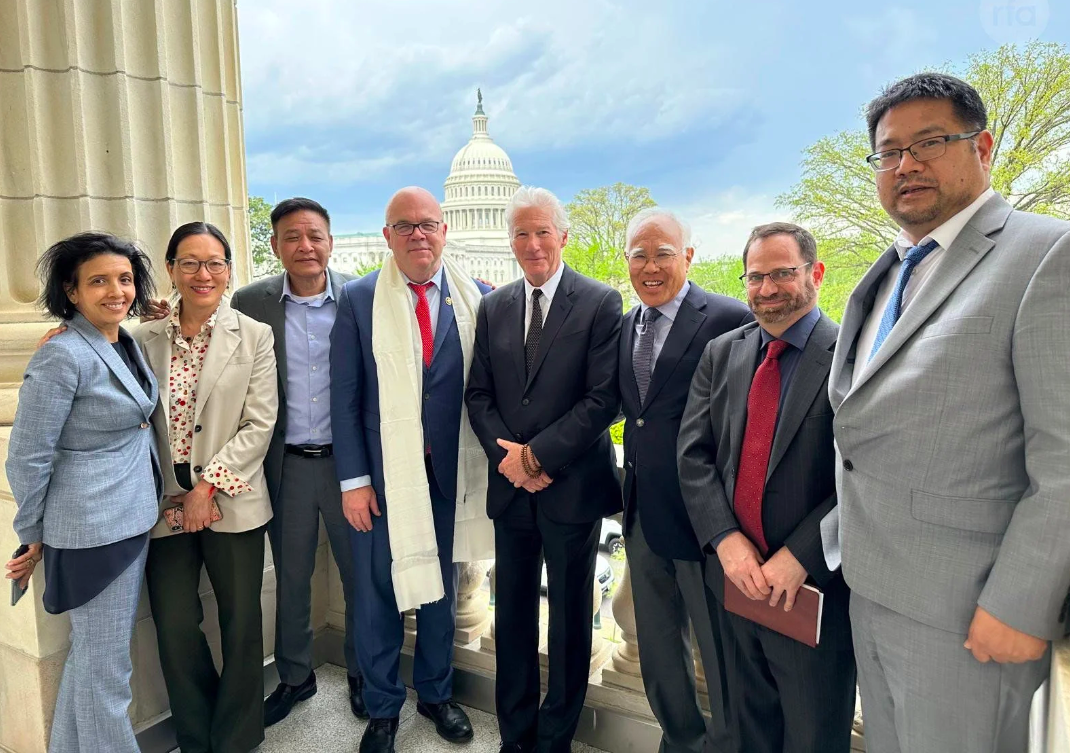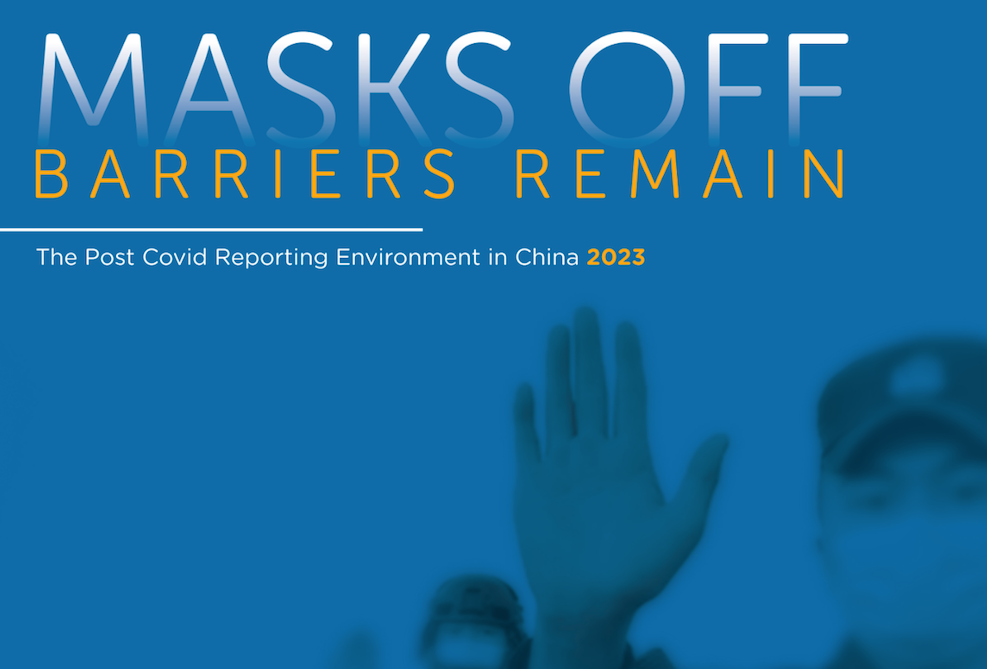By Choekyi Lhamo
DHARAMSHALA, March 30: The second last day of the 3rd session of 17th Tibetan Parliament-in-Exile (TPiE) saw a push by the Kashag for an amendment in the Charter regarding the qualifications of the chief justices of the Tibetan Supreme Justice Commission (TSJC). The proposed bill sought postponement of three more years on the appointment of the new Chief Justice Commissioner but failed to secure necessary votes in favour from the lawmakers.
The parliamentarians who opposed the bill stated that the pending document no. 39, which impeached the three justices last year, is enough for the administration to reconsider the legality of the two remaining justices in the TSJC office. “I refuse to take part in the discussion of the proposed bill solely because the impeached judges resumed their positions illegally after the parliament dismissed them . . . the responsibility does not rest on the parliament, rather it rests on the two justices who remain in office,” MP Juchen Kunchok Chodon told the parliament on Wednesday. Lawmakers Monlam Tharchin and Serta Tsultrim also expressed their disapproval of any proceedings associated with the TSJC.
MPs who backed the bill said that this amendment only postponed the appointment of the justices and had nothing to do with the pending document, as no nominations for potential judges were acquired in months following the previous parliament session. “If the current justices have resumed their posts illegally, then both Speaker and Deputy Speaker also don’t hold any authority. All of us [Chithues] are illegal representatives, we all should then walk out from here [parliament],” MP Dawa Phunkyi said during the heated exchange among the representatives.
The Charter of the TPiE adopted on June 14, 1991 marks 30 years since it came into force. The same now needs to be amended to fill the vacant seat of the Chief Justice Commissioner. “The clause ‘c’ of Article 63 (2) came into effect as the charter states that after 30 years from the coming into force of the Charter, the provisions of this sub-clause on the appointment of the Chief Justice Commissioner and the other two Justice Commissioners needs to be adhered to,” a report by Tibet Express stated.
The clause ‘c’ requires nominees for the Chief Justice Commissioner and the other two Commissioners of the TSJC to be a “judge in any court for a continuous period of 5 years or has to be an experienced advocate standing for at least 10 years.” The tabled proposal sought three more years for the appointment of a new Chief Justice Commissioner, previously assumed by the former Chief Justice Sonam Norbu Dagpo.











2 Responses
Whether the two judges must resign or not is NOT up to some individuals or some groups. They wouldn’t be still holding the post if they are not entitled to. All those Chithues who have voted against the Judges seem to be misleading the public. They were effected personally by the judgement made against them and they are making that issue is national issues. The members of this 17th Chithues are not fools taking the orders from those who are not satisfied by the judgement made against them. All those Chithues who have voted against them did not had the full picture of what was the real reason behind the judgements made against them because after knowing the clear reasons many repented their hasty decisions they made. Therefore, the majority vote actually is not majority. So, as I said, no individuals or group have the right to tell the Judges to step down. They would if they are wrong but they don’t because there are some reason behind it to hold on to their seat which the Chithues voted against them should prove themselves that the Judges are wrong. Until then no once has the right conscience to tell them to step down.
I think for the benefit of smooth functioning of the three pillars of the CTA, the remaining two Judges must resign on the ground of morality and enjoy their pension. It is useless to argue that their reinstatement was legal because the law makers know the Charter better as they make laws and worked more than two decades. We cannot argue with mother saying does she know how painful to give birth of the baby lets father interpret. 21 Chitues of the 16th parliament are responsible for all those disturbances in the past years by deceiving public and lying. Their knowledge and experience about Charter did not allow them to refute the impeachment bill placed on the table during the last session on March 25, 2021. They also knew that the official order to follow up resolution 39 was sent to the Department of Justice on the same day by the Secretary of parliament. The Judges announced their resignation next day through Tibetan medias.
Later they (21 Chitues) came with the conspiracy into groupism and declared the resolution 39 unconstitutional by giving a letter to removed Judges. They were all sick to attend special session in May 2021 but very active using improper channel and appeared working hard for the sake of good. You can fool some but not all.